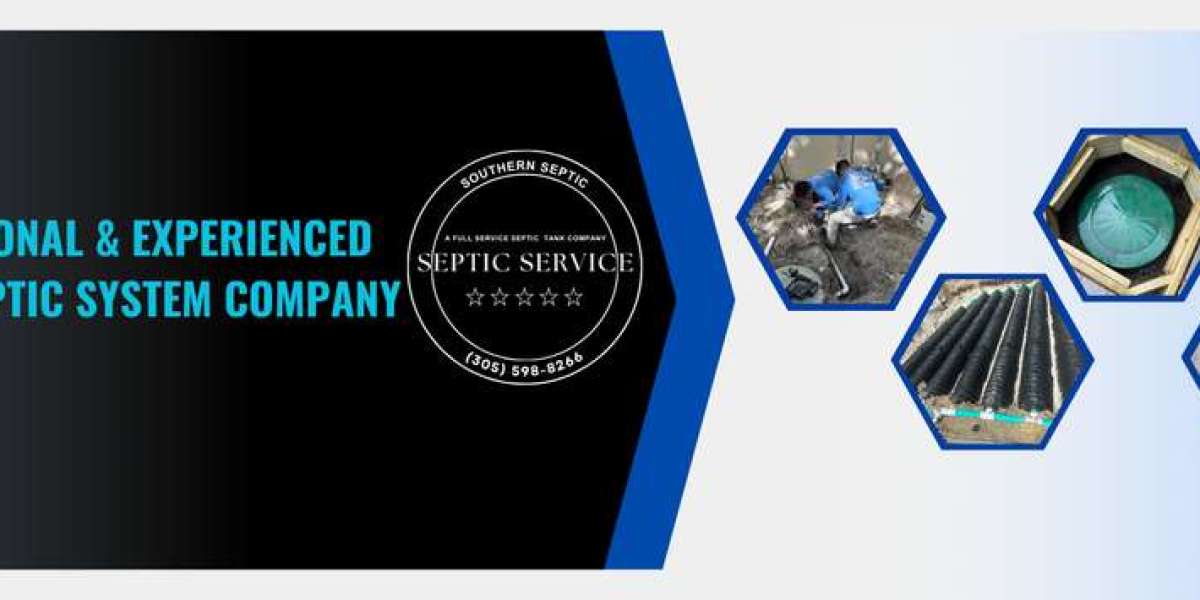What Are Septics and How Do They Work?
A septic system is an on-site wastewater treatment structure. It typically consists of a septic tank and a drainfield (also known as a leach field). Here's a simplified explanation of how septics function:
- Wastewater flows from your home into the septic tank, which is buried underground.
- Inside the tank, solid waste settles to the bottom, forming sludge, while oils and grease float to the top, forming scum.
- The partially clarified water in the middle flows out into the drainfield, a network of perforated pipes buried in gravel-filled trenches.
- The water is naturally filtered by soil, removing harmful bacteria, viruses, and nutrients before it reaches the groundwater.
Septics are designed to operate without much intervention, but that doesn’t mean they’re maintenance-free. Understanding their basic mechanics is the first step toward proper care.
Why Septics Matter
People often take wastewater treatment for granted—flush it and forget it. But for those with septic systems, the responsibility for treating that waste falls squarely on the property owner. Properly functioning septics protect not only your home’s plumbing but also the environment. Malfunctioning systems can contaminate nearby wells, rivers, and lakes, spreading disease and polluting drinking water. In short, when septics are well cared for, they do a great job; when they’re neglected, they can be a real hazard.
Common Septic System Issues
Even though septics are relatively straightforward, problems can arise. Some of the most common issues include:
- Clogs and backups: These often occur when solids build up in the tank or when inappropriate items are flushed down the toilet or poured down the drain.
- Drainfield failure: If the soil in your drainfield becomes saturated, the wastewater can't be absorbed properly. This can lead to standing water in your yard and sewage odors.
- Tree root intrusion: Roots from nearby trees can grow into the tank or pipes, causing damage and blockages.
- Tank damage or collapse: Though rare, older tanks made from metal or poor-quality concrete can deteriorate over time.
These issues can usually be avoided with regular maintenance and responsible usage.
Tips for Maintaining Septics
The good news? With proper care, septics can last for decades. Here are some practical tips for keeping your system healthy:
- Get your tank pumped regularly. Most experts recommend pumping the septic tank every 3 to 5 years, depending on the size of the tank and the number of people in the household.
- Watch what you flush. Avoid flushing wipes (even the so-called “flushable” kind), feminine hygiene products, grease, diapers, or anything that doesn’t biodegrade easily.
- Conserve water. Excessive water use can overload the system. Spread out laundry loads and fix any leaky faucets or toilets to avoid saturating your drainfield.
- Use septic-safe products. Harsh chemical cleaners can kill the beneficial bacteria in your tank that break down waste. Look for products labeled as safe for septics.
- Protect your drainfield. Don’t drive or park vehicles on top of it, and avoid planting trees or shrubs nearby.
- Schedule regular inspections. A professional can assess the health of your system and spot early signs of trouble before they become major headaches.
Signs of Septic Trouble
How do you know if your system is starting to fail? Here are some warning signs that your septic system might need attention:
- Slow draining sinks or toilets
- Gurgling sounds in the plumbing
- Foul odors near the tank or drainfield
- Water pooling in your yard
- Sewage backups in your home
If you notice any of these signs, don’t wait—call a septic professional immediately.
Choosing the Right Septic Professional
Not all service providers are created equal. When hiring someone to inspect, pump, or repair your septic system, look for companies that are licensed, insured, and have strong customer reviews. A trustworthy professional will be transparent about pricing, explain what they’re doing, and provide advice for ongoing maintenance. Don’t be afraid to ask questions—after all, this is your property and your investment.
Final Thoughts: Septics Are a Responsibility, Not a Burden
While dealing with a septic system might seem like a hassle compared to being on city sewer, many homeowners find it manageable with a little education and effort. Septics offer independence from municipal infrastructure and, when cared for properly, can function efficiently for decades.
Think of your septic system like any other vital part of your home—it deserves regular care and respect. With proper maintenance, smart usage, and a little awareness, septics can continue doing their dirty job without making your life difficult.
So next time you flush, take a moment to appreciate the underground hero silently working on your behalf—your septic system. Keep it healthy, and it will return the favor for years to come.





